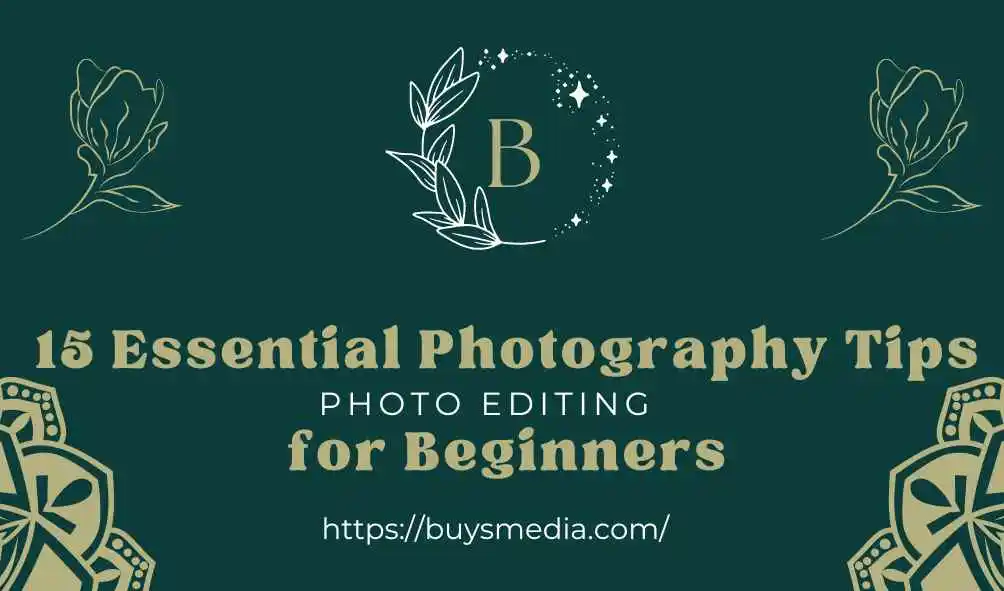Do you want to learn about photography tricks for beginners?
Yes!
That’s wonderful.
The article that applies to you is this one.
Here, I’ll provide you with all the information you need on fashion photography lighting tips
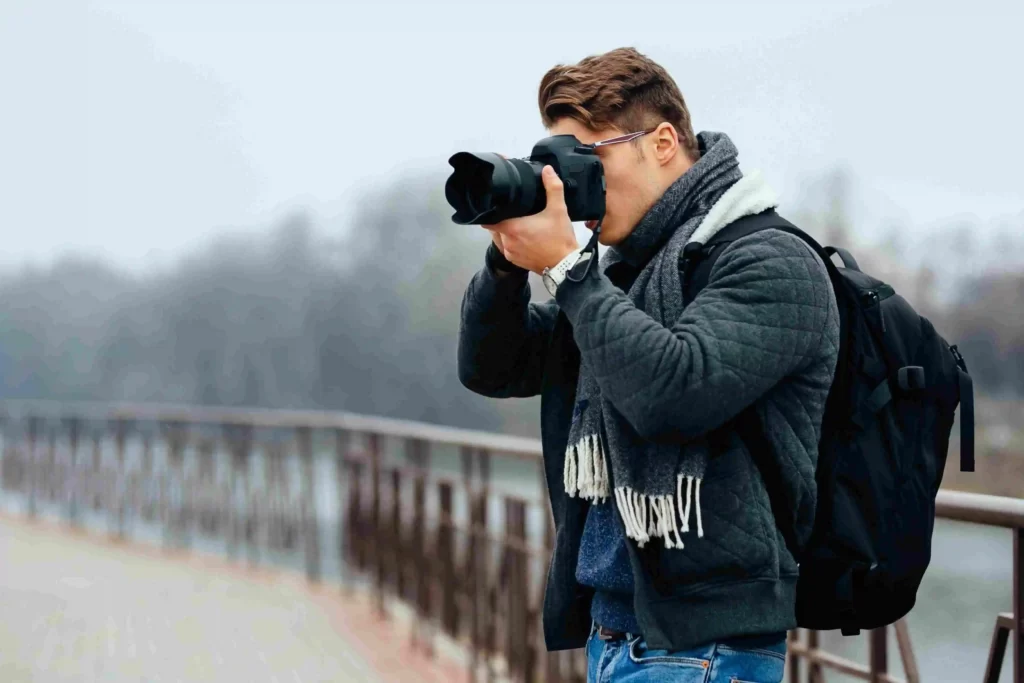
Are you a fledgling in the world of photography? Whether using a smartphone or a dedicated camera, capturing stunning images can be exciting and challenging. To assist you kickstart your photography travel, we’ve compiled a list of 15 fundamental tips that will move forward your abilities and unleash your inventive potential. From understanding your camera to mastering composition and exploring different techniques, this article will provide you with valuable insights to enhance your photography game.
1. Introduction
Photography is a craftsmanship frame that permits you to capture minutes, express your inventiveness, and share your interesting viewpoint with others. It’s fundamental to familiarize yourself with the fundamental principles and methods to form the foremost out of your photographic endeavors.
2. Understanding Your Camera
Sometime recently plunging into photography, take the time to get the highlights and settings of your camera. Read the manual, explore the various modes, and experiment with different functions. Knowing your equipment will enable you to make better decisions when composing your shots.
3. Mastering Composition
In order to produce images that are aesthetically pleasing, composition is essential. Learn about symmetry, leading lines, the rule of thirds, and other compositional strategies. To give your pictures depth and appeal, try using various viewpoints and angles.
4. Utilizing Natural Light
Natural light can enhance the mood and quality of your photos. Pay consideration to the heading, escalated, and color of light amid diverse times of the day. Avoid harsh midday sunlight and explore the soft, warm tones during the golden hour for more captivating images.
5. Exploring Different Perspectives
Don’t be scared to get low or to climb high to acquire interesting angles. Change your vantage point and experiment with different angles to add a fresh and exciting element to your shots.
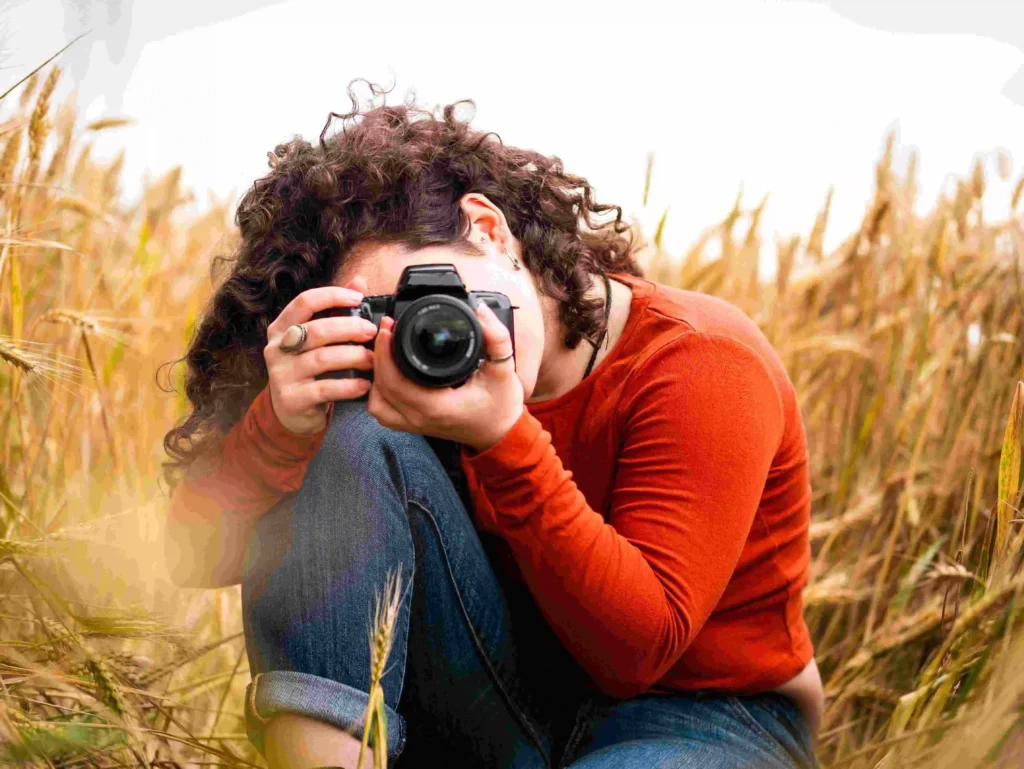
6. Capturing Emotion and Expression
Photography isn’t almost about capturing a scene; it’s approximately passing on feelings and telling stories. Focus on capturing genuine expressions and emotions to create compelling photographs that resonate with viewers.
7. Selecting the Right Equipment
Whereas having the most recent adapt isn’t a prerequisite for great photography, choosing the correct hardware for your needs can essentially affect the result of your pictures. Consider factors such as sensor size, lens options, and camera features when purchasing.
8. Learning About Exposure
Understanding exposure is crucial for achieving well-balanced photos. Learn about the relationship between shade speed, opening, and ISO to control the sum of light that enters your camera. Experiment with different exposure settings to achieve the desired effects.
9. Using the Rule of Thirds
One of the fundamental ideas in photography is the rule of thirds. Divide your frame into imaginary thirds and place key elements along the intersecting lines or at their intersections. This technique creates balance and visual interest in your compositions.
10. Experimenting with Shutter Speed
Shade speed controls the sum of time the camera’s sensor is uncovered to light. A fast shutter speed freezes motion, while a slow shutter speed creates a sense of motion blur. Experiment with different shutter speeds to capture action or create artistic effects in your photos.
11. Understanding Aperture and Depth of Field
Aperture refers to the size of the lens opening and affects the depth of field in your photos. A wide aperture (small f-number) produces a shallow depth of field, keeping the subject in focus while blurring the background. A narrow aperture (large f-number) increases the depth of field, resulting in more elements in focus. Learn how to control the aperture to create desired effects in your images.
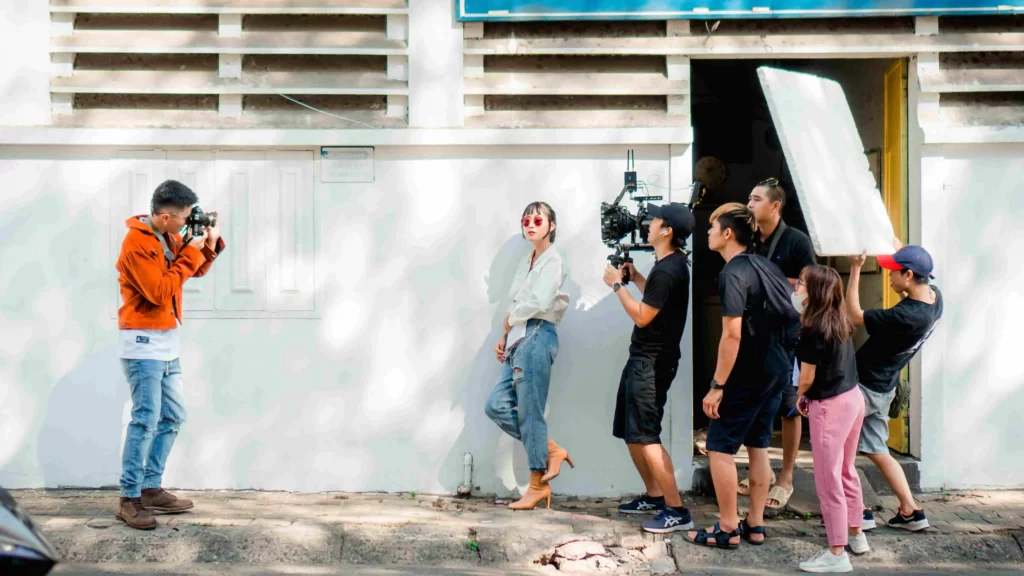
12. Managing ISO Sensitivity
ISO determines the camera’s sensitivity to light. A moo ISO setting is perfect for well-lit circumstances, whereas a tall ISO is fundamental for low-light conditions. However, higher ISO values can introduce digital noise in your photos. Get the trade-offs and learn how to strike an adjustment between ISO, gap, and shade speed to realize ideal picture quality.
13. Finding Interesting Subjects
Look for interesting subjects that catch your eye. It could be a stunning landscape, a unique architectural structure, or a captivating portrait. Train yourself to see the beauty in everyday objects and explore different genres of photography to expand your creative horizons.
14. Post-processing and Editing
Post-processing is a necessary portion of computerized photography. Utilize photo altering computer program to improve your pictures, altering components such as brightness, differentiation, and color adjustment. However, remember to maintain a natural look and avoid over-editing, as it can diminish the authenticity of your photographs.
15. Practicing and Experimenting
Practice is the secret to enhancing your photographic abilities. Take your camera with you wherever you go and challenge yourself to capture different subjects and scenarios. Experiment with techniques, settings, and styles to discover your unique photographic voice.
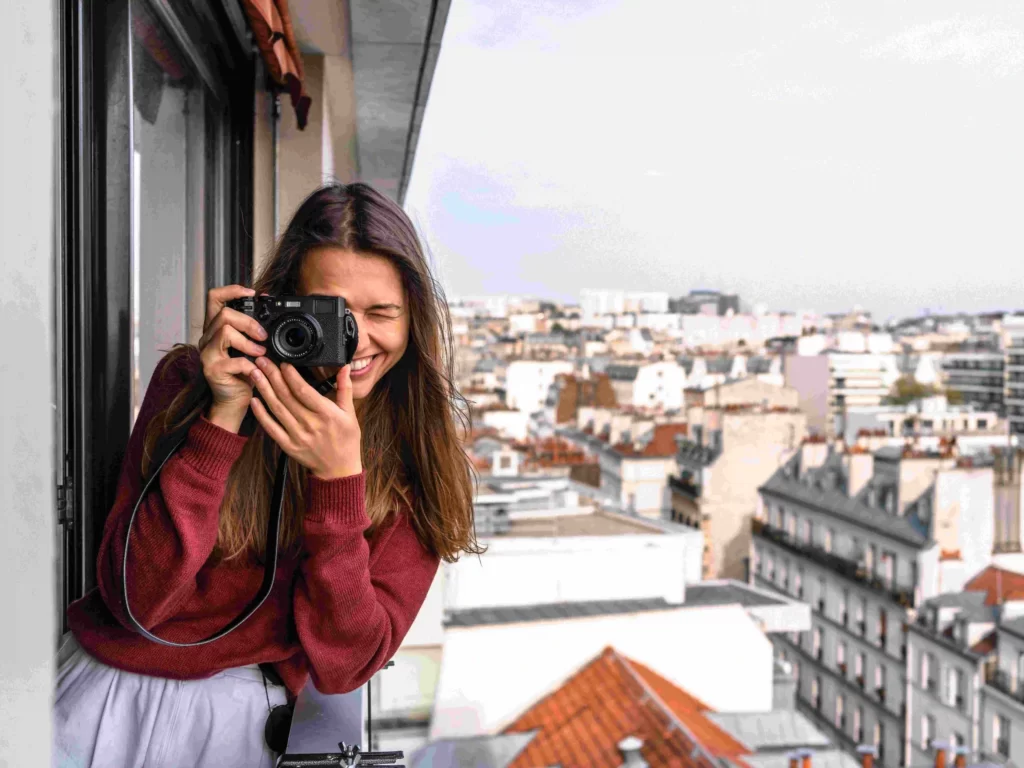
Conclusion
Getting to be a capable picture-taker takes time, tolerance, and a readiness to memorize. By understanding your camera, mastering composition, utilizing natural light, and exploring different techniques, you’ll gradually develop your skills and create stunning photographs. Remember to practice, experiment, and embrace your creativity to truly enjoy the art of photography.
FAQs (Frequently Asked Questions)
1. What camera should I use as a beginner photographer?
As a beginner, you can start with any camera that suits your budget and interests. It can be a smartphone with a great camera or an entry-level DSLR. The foremost critical thing is to get the camera’s highlights and functionalities.
2. Do I need expensive equipment to take great photos?
No, expensive equipment is not a prerequisite for capturing great photos. While high-end gear may offer additional features and better image quality, it’s your skills, creativity, and understanding of photography fundamentals that make the most significant impact on your images.
3. How can I improve my composition skills?
Improving composition requires practice and a keen eye for detail. Study the work of renowned photographers, explore different compositional techniques, and actively seek out interesting subjects to photograph. Experimenting with different angles and perspectives will also help you develop your composition skills.
4. Is it necessary to learn post-processing and editing?
While post-processing and editing are not mandatory, they can significantly enhance your images. Learning essential altering procedures can assist you fine-tune the colors, tones, and general see of your photos. However, continuously endeavor to preserve the realness and astuteness of your pictures amid the altering handle.
5. How can I find inspiration for my photography?
Inspiration can be found everywhere,
in your photographs. In any case, continuously endeavor to preserve the realness and astuteness of your pictures amid the altering handle.
6. How can I find inspiration for my photography?
Inspiration can be found everywhere, from nature and architecture to people and everyday objects. Investigate your environment, travel to modern places, and submerge yourself in completely different societies. Follow other photographers’ work, join photography communities, and attend exhibitions to gather ideas and expand your creative vision.
7. Should I focus on a specific genre of photography?
Whereas it’s useful to specialize in a specific sort, particularly as you develop in your photography travel, it’s moreover fundamental to try different sorts. Exploring different styles and subjects allows you to discover your true passion and develop a well-rounded skill set.
8. How can I deal with low-light situations?
In low-light conditions, you can increase your ISO sensitivity, use a wider aperture, or employ artificial lighting sources such as flash or external lights. Experiment with long exposures and tripod usage to capture stunning night-time or low-light photographs.
9. How can I capture better portraits?
Capturing engaging portraits requires establishing a connection with your subject. Communicate and make them feel comfortable. Pay attention to lighting, composition, and expressions. Experiment with different focal lengths and shallow depths of the field to create a pleasing bokeh effect.
10. How can I make my landscape photos more captivating?
To capture stunning landscape photos, consider the composition, use leading lines, and incorporate foreground elements for depth. Utilize the golden hour lighting for warm tones and dramatic shadows. Experiment with long exposures to create smooth water or capture the movement of clouds.
11. What are some tips for photographing wildlife?
When photographing wildlife, patience is key. Research and understand the behavior of the animals you want to capture. Utilize a fax focal point for close-ups whereas keeping up a secure removal. Avoid disturbing the animals and aim for unique perspectives that showcase their natural habitat.
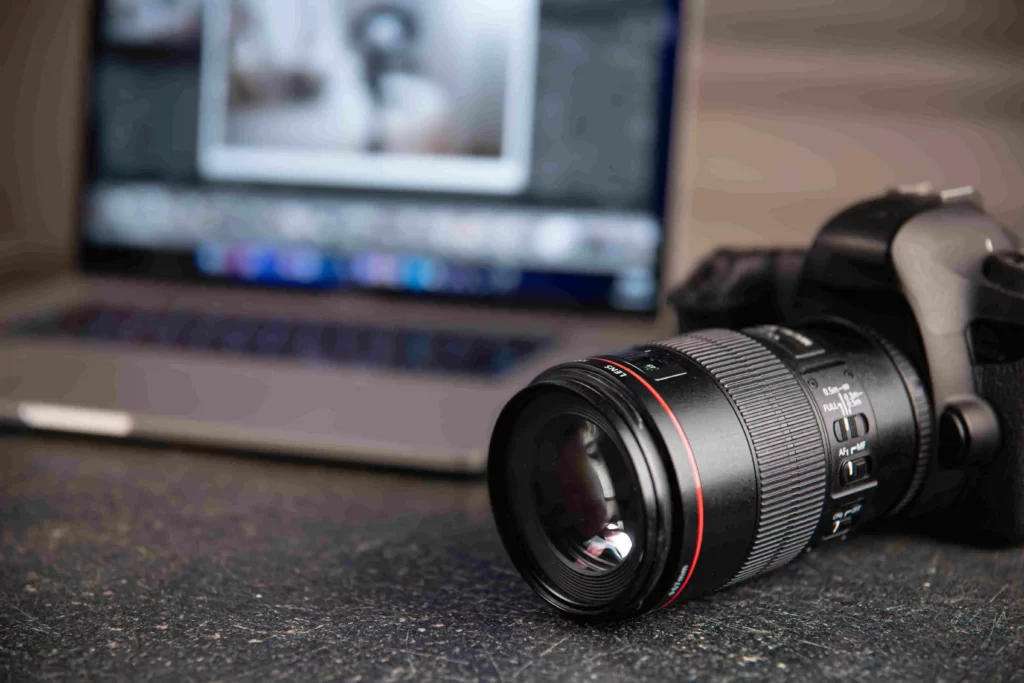
CHECK ALSO:-Customizing Social Media Posts with Photoshop: A Beginner’s Guide
I’ll presume that everybody is familiar with photography learning for beginners.
Your turn has come.
What do you think about photography learning for beginners?
In the comment area given, type your ideas.
If you have an inquiry, post it in the comments area.

